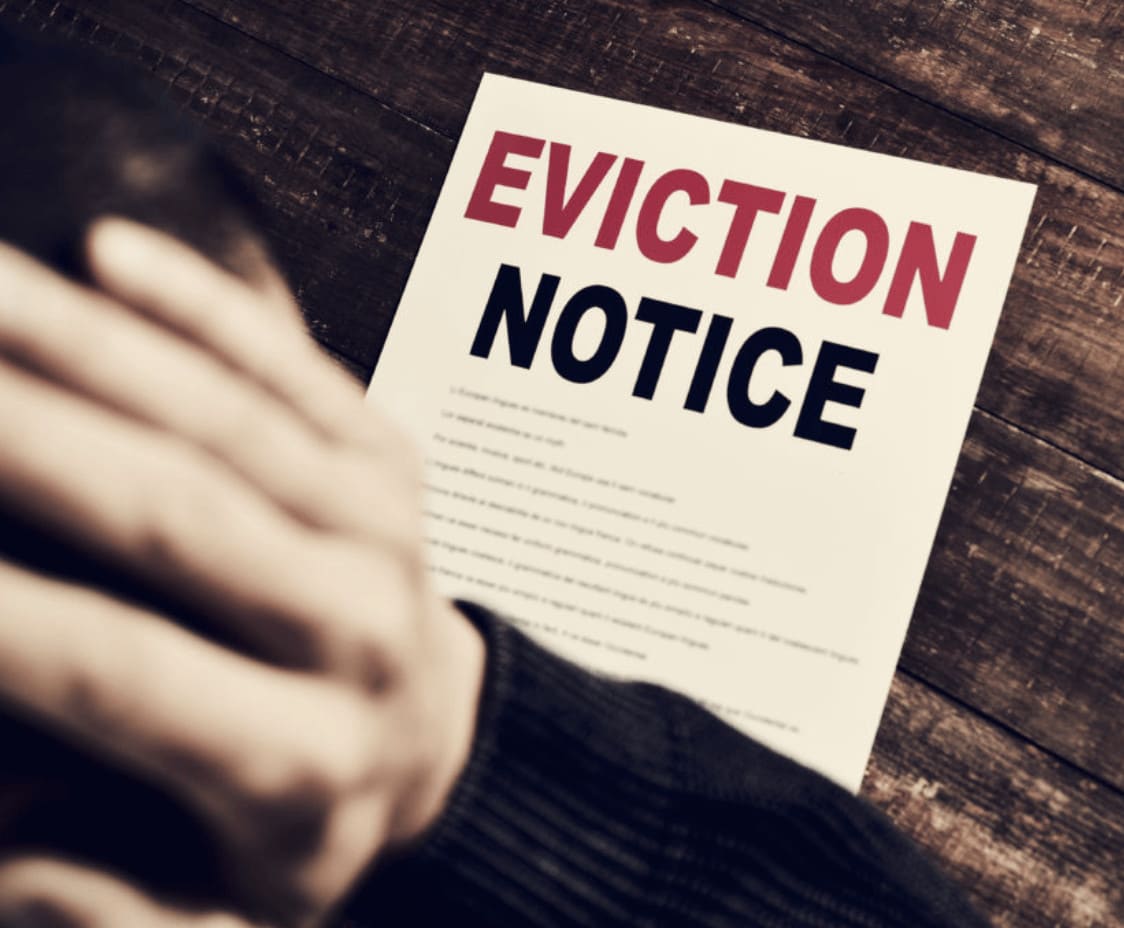Table of Contents Show
We previously wrote about a landlord’s responsibilities, including when they can evict a tenant. If you are a tenant, you should know the circumstances a landlord can legally evict you and the proper procedures they must follow. You have specific legal defenses at your disposal if these are not followed.
Why can a landlord evict you?Why can a landlord evict you?
The most common reason for eviction in New York is the non-payment of rent. Another popular eviction cause is lease violations. The landlord cannot put anything in the lease that violates federal or local laws. For instance, the owner cannot evict you for having children. Additionally, the property owner cannot force you to waive your right to warrant habitability.
You can violate the terms of your lease by having certain appliances that are explicitly not allowed or subletting when this activity is forbidden. However, in these situations, the landlord must follow the proper process and provide you with the required notice.
Non-Payment of RentNon-Payment of Rent
If the landlord is evicting you due to the non-payment of rent, your first defense is that you were not given proper notice. They must provide you with three days of notification. The notice needs to state ]that you have three days to either pay the rent or move out. If you do either action, you have avoided an eviction. But, if you do not do either, your landlord can start eviction proceedings. Should you not receive the required notice, you have a legitimate defense.
Similarly, the landlord must give you ten days’ notice for evictions due to lease violations. You can fix the violation during this period, and the eviction cannot proceed. If you do not do so within the prescribed time frame to evict you, the landlord must provide a notice of termination. It must give you at least 30 days to move out. Should this period elapse, the landlord must file an eviction with the court.
Failure to MaintainFailure to Maintain
Aside from the time requirements, you have a legitimate defense if your landlord fails to maintain your unit properly, including making necessary repairs. If they do not, you can either withhold the rent until the repairs are done, fix the issue yourself, or deduct it from your rental payment. You cannot get evicted should you do either one.
The landlord cannot take matters into their own hands. They cannot make it inhabitable or block your access, even if you have not paid the rent. Forbidden actions include turning off the utilities, removing the doors, or changing the locks. If they take illegal action, you can sue your landlord.
Eviction ProcessEviction Process
New York’s eviction process is arduous. The landlord must make a filing in court. It is even more inconvenient if they live outside of the city since the petition’s filing must take place in the county where the rental property is located. The judge assigns a hearing date, listens to both sides, and makes a ruling. It a time-consuming process, though. Failure to follow these steps may cause the owner’s eviction invalid. It is not a defense but a delay tactic. The landlord can fix their actions to make them valid.
If you feel the owner is evicting you because of your race, religion, gender, national origin, family status, and disability, your landlord has violated the Fair Housing Act. New York State and New York City have added prohibitions against discriminating by creed, age, sexual orientation, gender identity, military status, lawful occupation, and sources of income.

